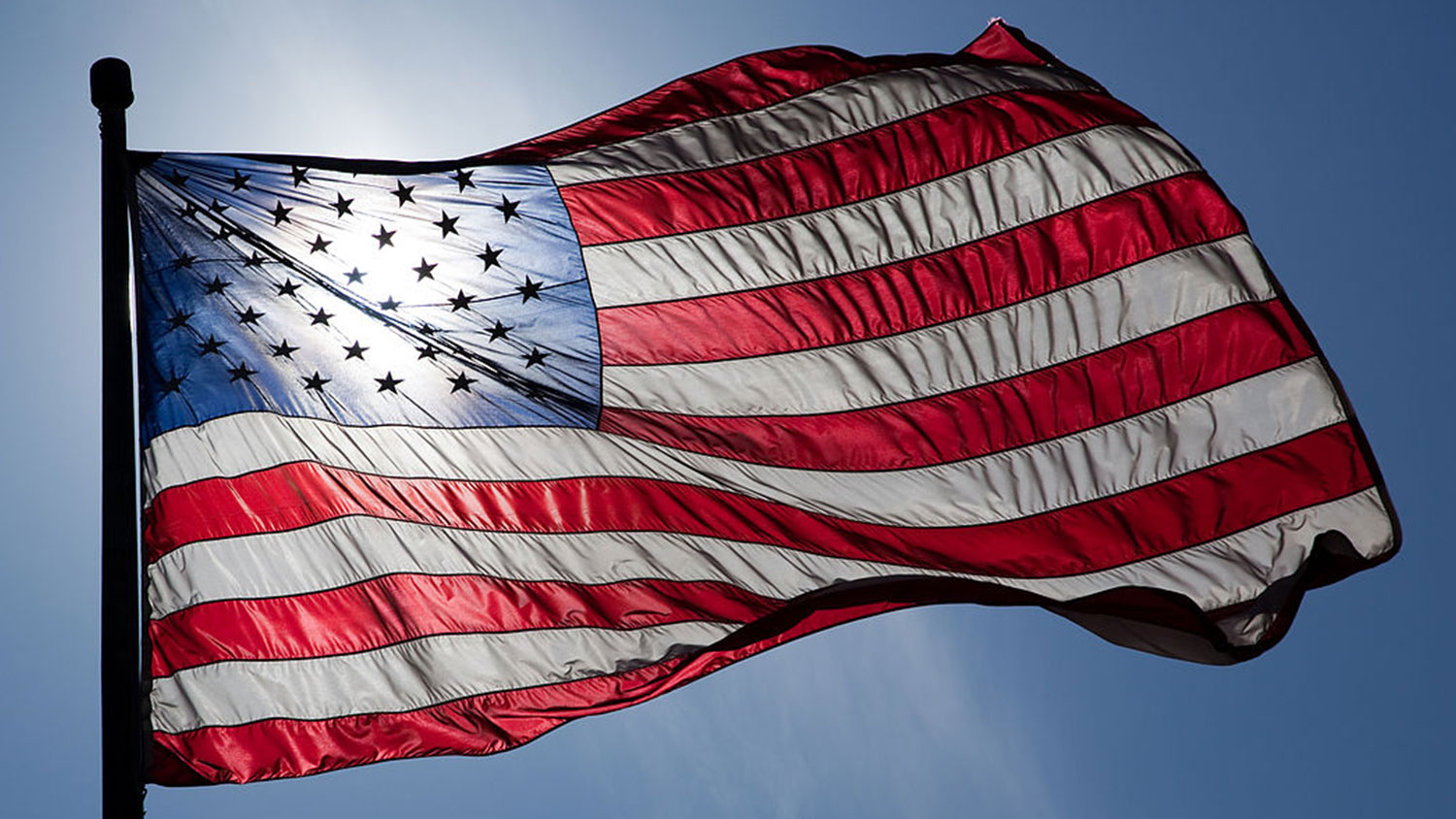What Does the Executive Order on Free Speech Mean?

On March 21, 2019, President Trump signed an executive order stating in part that the policy of the federal government is to “encourage institutions to foster environments that promote open, intellectual engaging, and diverse debate, including through compliance with the First Amendment for public institutions and compliance with stated institutional policies regarding the freedom of speech for private institutions” (Executive Order: Improving Free Inquiry, Transparency, and Accountability at Colleges and Universities).
The First Amendment of the U.S. Constitution states, “Congress shall make no law respecting an establishment of religion, or prohibiting the free exercise thereof; or abridging the freedom of speech, or of the press; or the right of the people peaceably to assemble, and to petition the government for a redress of grievances.” The purpose of the First Amendment is not to affirmatively assure people of their rights, but to assure that “Congress could not strip the public of those rights” (Abrams, F., The Soul of the First Amendment, New Haven, CT, Yale University Press, 2017, p.9). However, not all speech is protected under the First Amendment.
North Carolina State University provides information and resources regarding the freedom of speech and expression, including the following description of types of speech that are not protected by the First Amendment, as documented in NC State’s free speech guidelines:
- Incitements of violence or lawless action: There is no right to incite people to break the law, including to commit acts of violence. For an action to constitute incitement, the Supreme Court of the United States has determined that there must be a substantial likelihood of imminent illegal activity, and the speech must be directed to causing imminent illegal activity. For example, a speaker on campus who exhorts the audience to engage in acts of vandalism and destruction of property is not protected by the First Amendment if there is a substantial likelihood of imminent illegal activity.
- Fighting words: Speech that is personally or individually abusive and is likely to incite imminent physical retaliation.
- True threats: Statements where the speaker means to communicate a serious expression of an intent to commit an act of unlawful violence to a particular individual or group of individuals. The speaker does not have to act on his or her words (e.g., commit a violent act) in order to communicate a true threat. For example, if a group of students yelled at a student in a menacing way that would cause the student to fear a physical assault, such speech would not be protected.
- Obscenity: Speech or materials may be deemed obscene (and therefore unprotected) if the speech meets the following (extremely high) threshold: It (1) appeals to the “prurient” interest in sex, (2) is patently offensive by community standards and (3) lacks literary, scientific or artistic value.
- Defamation: An intentional and false statement about an individual that is publicly communicated in written (called “libel”) or spoken (called “slander”) form, causing injury to the individual.
- Harassment: Conduct based on a protected category that is so severe, pervasive and objectively offensive, and that so undermines and detracts from the victim’s educational experience, that the victim is effectively denied equal access to an institution’s resources and opportunities.
- False advertising: A knowingly untruthful or misleading statement about a product or service.
- Certain symbolic actions: But only if the actions are otherwise illegal, such as tagging, graffiti, littering or burning a cross on private property.
- Child pornography
- Interference with medical treatment: Speech that interferes with the treatment of patients.
- Invasion of privacy: An unjustifiable invasion of privacy or confidentiality not involving a matter of public concern.
- Material and substantial disruption: An action that materially and substantially disrupts the functioning of the university or that substantially interferes with the protected free expression rights of others.
The executive order mandates that universities comply with the First Amendment and other applicable regulations or risk losing federal research grants. Currently, further information has not been provided about how it would be determined if a university is not in compliance with the executive order or the process for losing federal research grants.
As NC State continues to be an inclusive community that encourages respect and learning where differing opinions can be heard, we also want to share resources on the university’s policy and guidance for free speech and the university campus including, but not limited to, information on “time, place and manner restrictions,” protests and reserving space on campus. Additionally, if you have any concerns or issues regarding the First Amendment, the following offices and units may be available to assist you:
- Office for Institutional Equity and Diversity (OIED): Bias Impact Response Team (BIRT) and Equal Opportunity and Equity (EOE)
- Office of Student Conduct
- Counseling Center
- NC State Police
- Student Ombuds Services
- Faculty and Staff Ombuds
David Elrod is an assistant equal opportunity officer in the Office for Institutional Equity and Diversity.
- See also Report: No ‘Crisis’ in Free Speech (Inside Higher Ed, April 3, 2019) a well as the American Association of Public and Land Grant Universities statement and follow-up (March 21, 2019).
- Categories:


